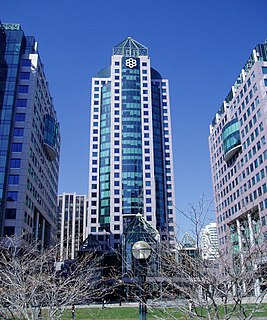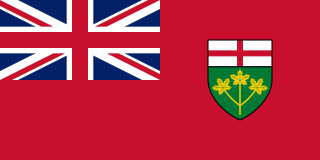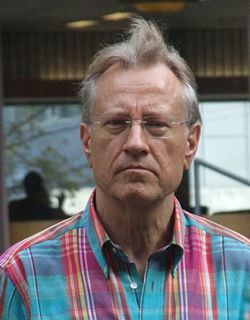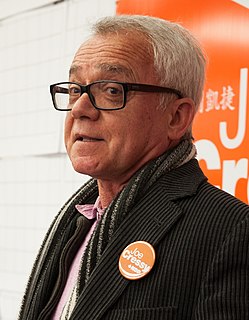The 1980 Toronto municipal election was held on November 10, 1980 in Metropolitan Toronto, Ontario, Canada. Mayors, controllers, city councillors and school board trustees were elected in the municipalities of Toronto, York, East York, North York, Etobicoke and Scarborough.

The Municipality of Metropolitan Toronto was an upper tier level of municipal government in Ontario, Canada from 1954 to 1998. It was made up of the old city of Toronto and numerous townships, towns and villages that surrounded Toronto, which were starting to urbanise rapidly after World War II. It was commonly referred to as "Metro Toronto" or "Metro".

Ontario is one of the 13 provinces and territories of Canada and is located in east-central Canada. It is Canada's most populous province accounting for 38.3 percent of the country's population, and is the second-largest province in total area. Ontario is fourth-largest in total area when the territories of the Northwest Territories and Nunavut are included. It is home to the nation's capital city, Ottawa, and the nation's most populous city, Toronto, which is also Ontario's provincial capital.

Canada is a country in the northern part of North America. Its ten provinces and three territories extend from the Atlantic to the Pacific and northward into the Arctic Ocean, covering 9.98 million square kilometres, making it the world's second-largest country by total area. Canada's southern border with the United States is the world's longest bi-national land border. Its capital is Ottawa, and its three largest metropolitan areas are Toronto, Montreal, and Vancouver. As a whole, Canada is sparsely populated, the majority of its land area being dominated by forest and tundra. Consequently, its population is highly urbanized, with over 80 percent of its inhabitants concentrated in large and medium-sized cities, many near the southern border. Canada's climate varies widely across its vast area, ranging from arctic weather in the north, to hot summers in the southern regions, with four distinct seasons.
Contents
- Toronto
- Mayoral race
- City council
- By-elections
- East York
- Mayor
- Council
- Board of Education
- Hydro Commission
- Etobicoke
- Mayor 2
- Board of Control
- North York
- Mayor 3
- Board of Control 2
- City Council 2
- Scarborough
- Mayor 4
- Board of Control 3
- Borough Aldermen
- York
- Mayor 5
- Board of Control (2 elected)
- Council 2
- References
Art Eggleton narrowly defeated incumbent John Sewell to become Mayor of Toronto, and Mel Lastman was re-elected as Mayor of North York.

Arthur C. "Art" Eggleton, is a retired Canadian Senator representing Ontario. He was the longest serving Mayor of Toronto, leading the city from 1980 to 1991. Eggleton has held several federal government posts, including President of the Treasury Board and Minister of Infrastructure from 1993–1996, Minister for International Trade from 1996–1997, and Minister of National Defense from 1997 until 2002.
John Sewell, CM is a Canadian political activist and writer on municipal affairs; he was the mayor of Toronto, Ontario from 1978 to 1980.

The Mayor of Toronto is the leader of the municipal government of Toronto, Ontario, Canada. The mayor is directly-elected in municipal elections every four years alongside Toronto City Council. The mayor is responsible for the administration of government services, the composition of councils and committees overseeing Toronto government departments and serves as the chairperson for meeting of Toronto City Council.






